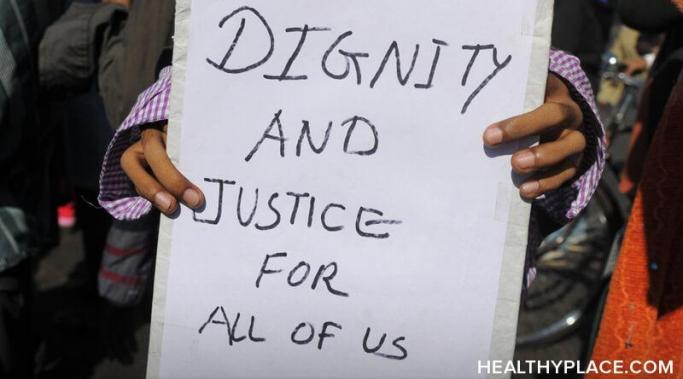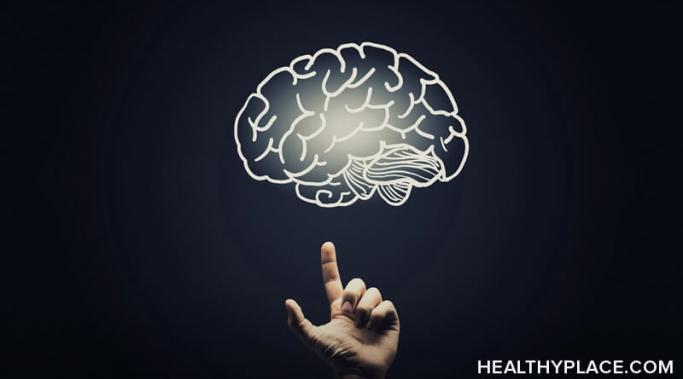Blogs
My psychiatric nurse practitioner is reducing my anti-anxiety medication for my upcoming knee surgery when I will be on painkillers. She says long-term use of an anti-anxiety medication can cause cognitive impairment. My therapist says it’s addictive, which I already knew from decades of using it on an as-needed basis. Here's what reducing my anti-anxiety medication has been like.
Anytime a relationship includes verbal abuse, there are complications. The dynamics between individuals involving power and respect will skew, making it challenging to recover. Although some relationships can bounce back using therapy and adjusting to corrective behaviors, others will not. Relationships with verbal abusers will always be challenging.
Anxiety can be related to the season. When I was younger, I remember that when summer started to turn into fall, the days ended, and nights started earlier, and the weather began to get cooler, I would experience a change in my mood that I now recognize was related to my anxiety. I would often find that I felt down and unsettled, and this overall feeling of discomfort that I sometimes couldn't attribute to anything in particular. I didn't realize that the season changes contributed to my anxiety.
"Live one day at a time" is one of my mantras in life. As an individual diagnosed with mental illness (double depression and generalized anxiety disorder), it is harder for me than people without mental illness to live by this mantra. Here's why living one day at a time is hard for people with mental illness.
Admitting that I miss my manic symptoms has been difficult. A large part of my mental illness recovery has been fueled by the desire to get better. I continuously work towards recovery, but I still face guilt when I find myself missing the symptoms experienced from my manic episodes as someone with bipolar disorder.
Mental health stigma can affect one's self-esteem. Mental health conditions are a common yet often misunderstood aspect of human life. Despite their prevalence, the stigma attached to these conditions remains a formidable obstacle for those who bear such diagnoses. Negative stereotypes, discrimination, and social isolation experienced by individuals with mental health diagnoses can severely affect their self-esteem. In this post, we will explore the practice of defying the stigma surrounding mental health, emphasizing its role in nurturing self-esteem in those who carry such labels.
Feeling safe after enduring trauma or developing posttraumatic stress disorder (PSTD) can be a challenge. Growing up, I had a persistent uneasy feeling in my gut that manifested as a constant stomach ache. After being sexually assaulted by another (though older) child, I found myself unable to feel at ease in my own body. I worried not only about my personal safety but also my family's — especially since the boy threatened to hurt me and my loved ones if I told anyone what he did to me. Feeling safe with PTSD turned out to be very hard.
There is a specific psychology to gambling addiction. Millions of people worldwide grapple with gambling addiction and its profound impact on their lives and the lives of their loved ones. Over time, many things have been explored as causes of gambling and what makes it addictive. As someone who has battled this addiction, I looked into the psychological side of things, covering everything from cognitive biases to genetics and heredity.
The analogy of putting on your mask first before helping others goes beyond airplane safety, especially for victims of verbal abuse. The concept that you can't help others if you cannot function yourself is critical. Another relatable comparison includes trying to pour from an empty cup. As I heal from verbal abuse, I've recognized how important taking care of myself is so I can help others.
It's time for me to say goodbye to "The Life: LGBT Mental Health" here at HealthyPlace. I'm grateful to have had the opportunity to share my mental health experiences with everyone. I've learned a lot as a mental health blogger. Most of all, I've learned more about myself and my identity.









